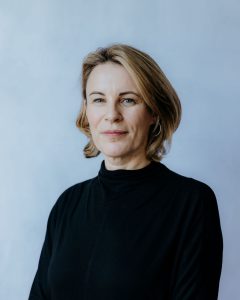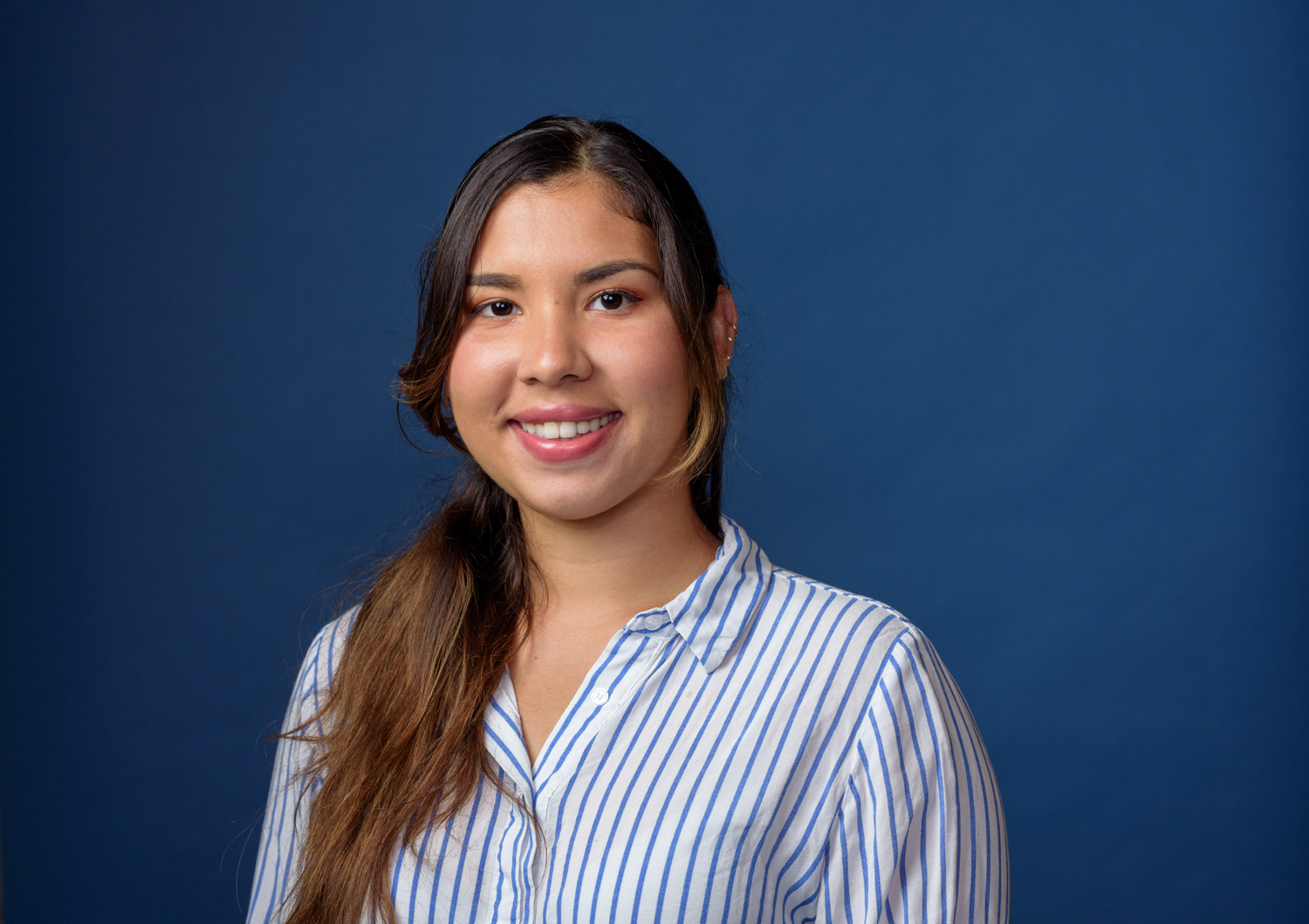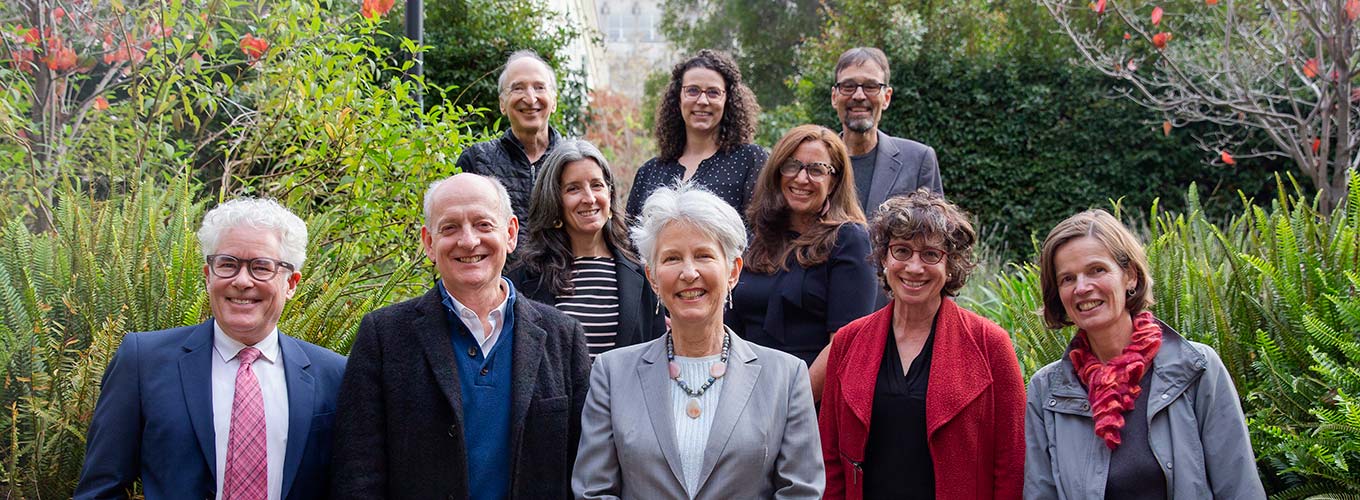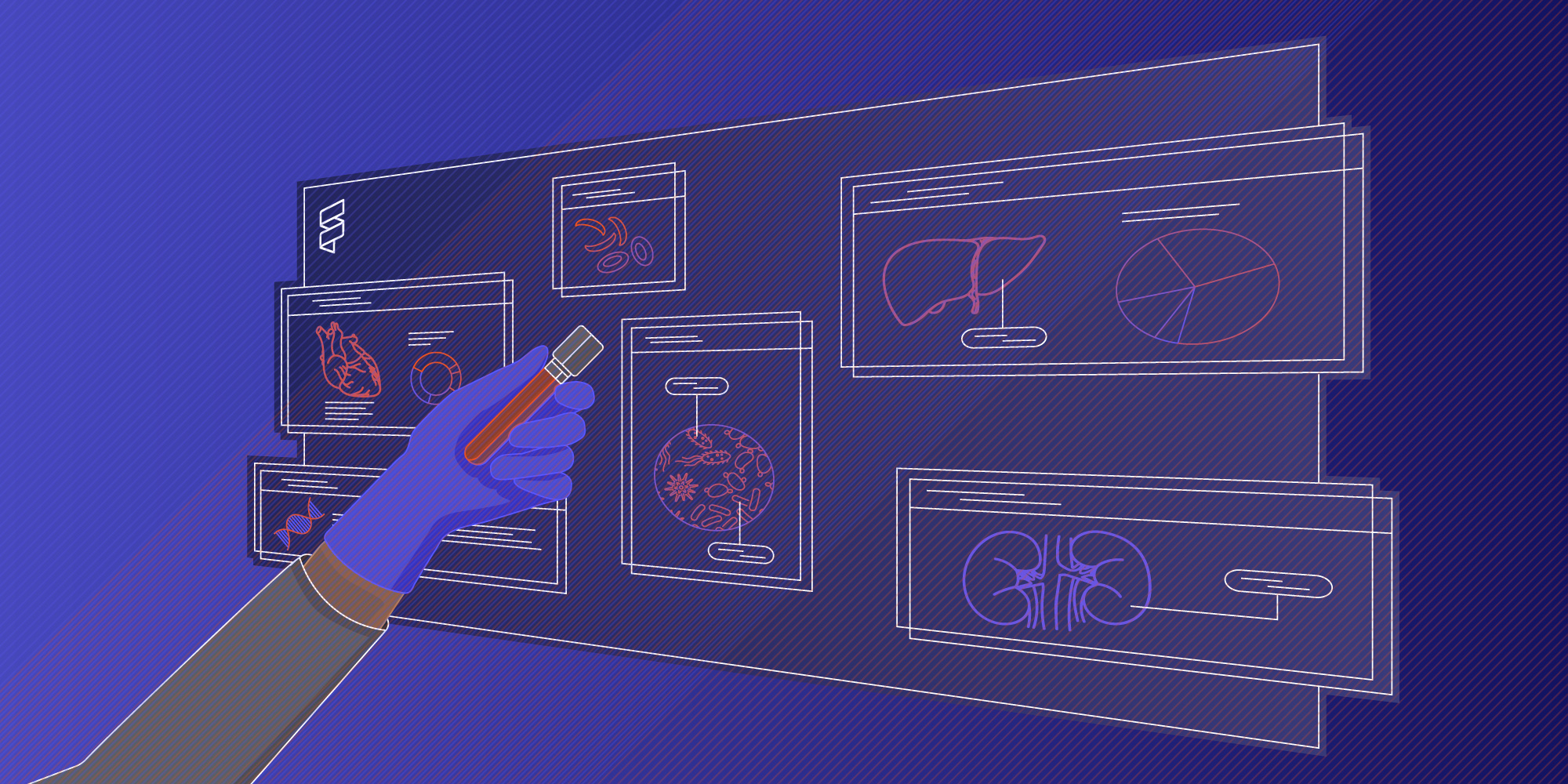
Shaping Science: The UK Citizens Jury on Human Genome Editing
From across the Atlantic, a novel approach to involving the public in science policy
In 2018, at the Second International Summit on Human Genome Editing in Hong Kong, Anna Middleton had planned to present her research on public trust in genomics. Instead, her session was overshadowed by an announcement from Chinese scientist He Jiankui, who claimed to have successfully edited the genomes of twin girls. His announcement sent shockwaves around the globe.

Like many, Middleton was deeply troubled by Jiankui’s rogue actions. She was also troubled by the lack of adequate regulation and oversight that allowed his actions to occur. According to Middleton, when scientists make decisions about how to use ethically complex new technologies without public consultation it can lead to a loss of public trust. Her experience at the Summit strengthened her belief in the importance of bringing everyday citizens into conversations about how this complex technology should be used.
In April, Middleton, currently serving as the Director of the Kavli Centre for Ethics, Science, and the Public at Cambridge University, led a meeting with the Berkeley Ethics and Regulation Group for Innovative Technologies (BERGIT), a collaboration between the IGI and UC Berkeley’s Kavli Center, a sister institute to Middleton’s. Her talk focused on the UK Citizens Jury on Genome Editing.
Citizens juries are forums that involve the public directly in discussions about contentious public policy issues. When it comes to science policy, citizens juries can help ensure that scientific advancements align with societal values and expectations, and bridge the gap between scientific innovation and community interests. Middleton emphasized their importance in tackling tough ethical issues like embryo editing.
Part of her discussion focused on a film that documents the development of the jury and its deliberations on whether the UK government should consider amending laws to permit genome editing of human embryos to prevent severe genetic diseases. This film brings to the forefront the varied backgrounds and experiences of jury members, all of whom had first-hand experiences with genetic conditions. This particular cross-section of society is uniquely positioned to tackle ethical, social, and practical questions about genome editing.
Citizens juries like this one have been important tools for governments seeking public input on polarizing ethical topics, ranging from abortion and gay marriage to climate change, Brexit, and now, human embryo editing. Throughout 4 days, the 22-member jury engaged in detailed deliberations, wrestling with issues such as the implications of recent advancements in CRISPR-Cas9 technology, critical considerations like the severity of genetic conditions, potential global effects, equity, transparency in policy making, and the indispensable value of lived experiences in shaping informed, equitable policy decisions. 17 out of the 21 jurors agreed that a discussion on allowing intentional genome editing of human embryos for serious genetic conditions should take place soon and the government should consider changing the law.
Public Consultation Across Both Sides of the Atlantic
In the UK, public consultation is an integral part of the policymaking process, especially for decisions with widespread impact. It follows the Gunning Principles, which are a set of guidelines established in 1985 that legitimizes public consultation. It is a mandatory process to involve those who may be affected. This practice not only builds trust but ensures a more thorough understanding by citizens, ideally leading to more informed decisions.
In the US, public consultation processes are shaped by varying state and federal laws. Overall, they follow the Administrative Procedure Act (APA), which begins with a notice that a rule is being added, changed, or removed. This is followed by a comment period which provides the public, companies, and agencies through the platform regulations.gov which serves as the central hub. Like a citizens’ jury, this process is meant to allow stakeholders to have a voice in shaping outcomes that directly affect them. Townhalls are another common forum for public discussions, especially of local issues.
While the methods are different, these processes reflect a growing interest in the democratic decision-making across both sides of the Atlantic. Citizens juries are a pivotal way to augment democratic engagement and ensure that a wide range of citizens’ views are incorporated into public decision-making.
Key Questions
In the seminar and film, several questions were highlighted that remain unanswered: How should laws be adapted to keep pace with advances in genome editing? How can public trust in genomic sciences be supported? Should genome editing be deployed to prevent genetic diseases, and under what conditions? Will genome editing yield positive consequences for downstream evolution? Should scientific progress be pursued relentlessly, or should it be moderated by societal needs and ethical considerations?
At the beginning of the seminar, Anna Middleton asked the audience two questions to think about the role of science today: “What is the purpose of science? Should it solely strive to expand the boundaries of knowledge, or is its primary role to serve society?” These two questions help us think about how these discoveries are more than just understanding what is going on at a biological level, but that hold the ability to impact many lives.
 By
Gabriela Díaz-Figueroa
By
Gabriela Díaz-Figueroa



